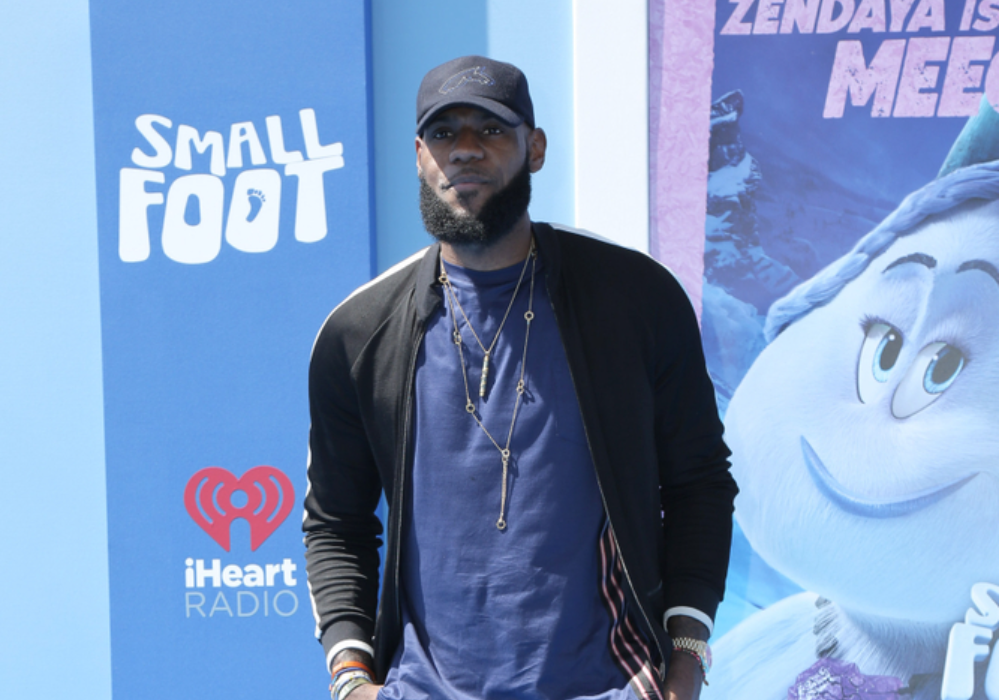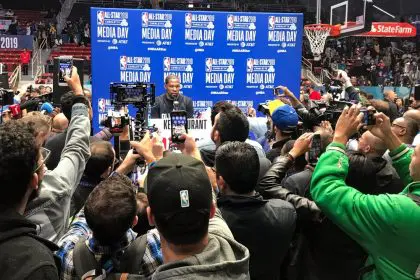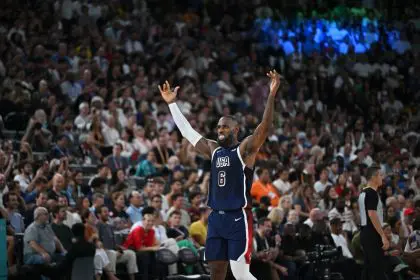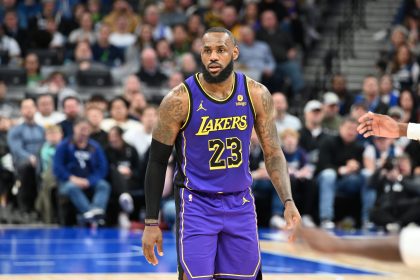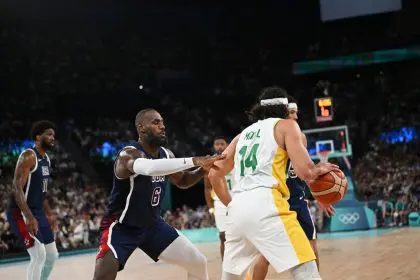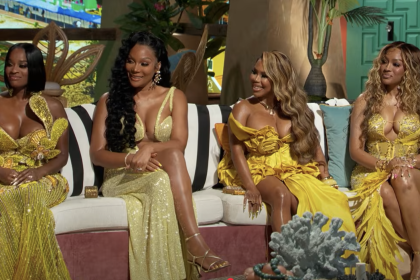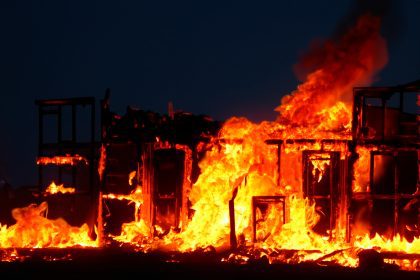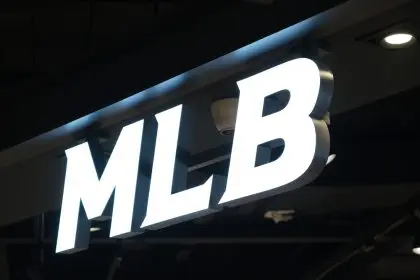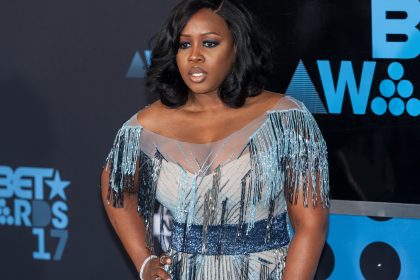NBA veteran Ron Harper suggests the Miami Heat could have won up to six championships had LeBron James remained beyond 2014, highlighting a pivotal moment in franchise history.
Speaking on a podcast with Udonis Haslem and Mike Miller, Harper indicated management dynamics with Pat Riley influenced James’ departure. Harper noted on social media: “Tell them why he left? You wasn’t dealing with what comes with him.”
Riley, Heat president since 2008, admitted being “absolutely livid” when James left for Cleveland, as detailed in “The Soul of Basketball.” Sources confirmed Riley and James hadn’t spoken since summer 2014, suggesting strained relations impacted the decision.
The Heat reached four consecutive NBA Finals during James’ tenure (2011-2014), winning titles in 2012 and 2013. The team’s trajectory changed significantly after his departure, with no championships since 2013 despite maintaining competitive standards.
Harper’s comments sparked renewed discussion about Riley’s management approach and its role in James’ exit. While Riley didn’t coach James directly, his organizational influence proved significant in shaping team dynamics and culture.
The success of the Big Three era – James, Dwyane Wade, and Chris Bosh – transformed the franchise’s status in the league. Their dominance during this period included a 27-game winning streak in 2013, the second-longest in NBA history.
The aftermath of James’ departure forced Miami to rebuild around Wade while developing young talent. Despite reaching the NBA Finals in 2020, the team hasn’t replicated the consistent championship contention of the James era.
Riley’s relationship with James exemplifies the challenges of managing superstar talent in the modern NBA. The potential for additional championships remains a significant “what-if” in league history.
The impact extends beyond missed titles – James’ presence helped establish Miami as a premier free agent destination. His departure altered both the Heat’s immediate competitiveness and long-term attractiveness to star players.
Current Heat culture emphasizes player development and team-first mentality, perhaps influenced by lessons learned during the Big Three era. This approach has helped maintain organizational stability while pursuing another championship window.

